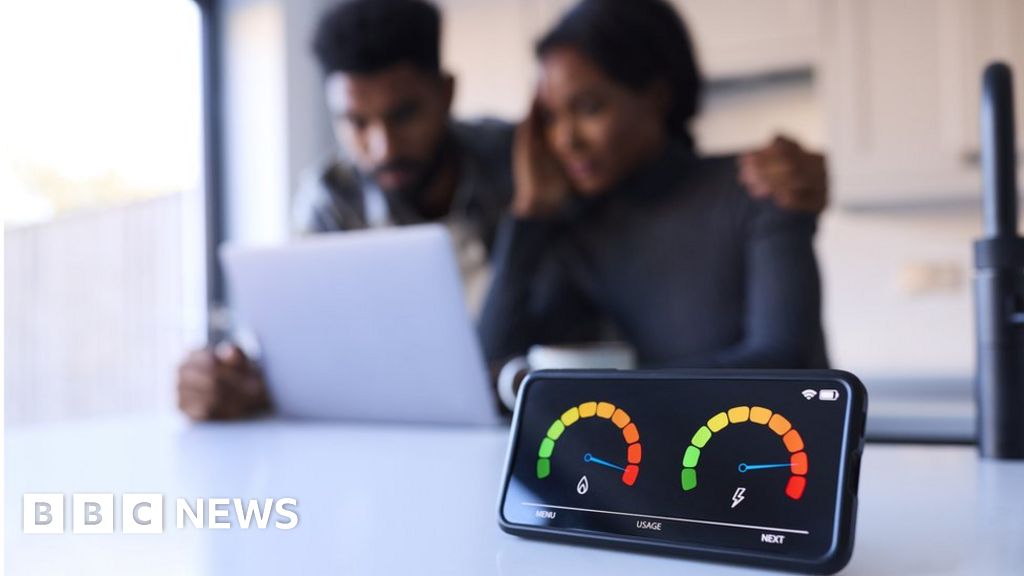I didn’t realise they could do that. Bit cheeky that they’d pitch it as helping the customer rather than ensuring they keep getting their money.
Man, just another reason not to get one.
These things have zero benefit to the consumer.
They also have terrible security https://www.rtl-sdr.com/flipper-zero-self-destructs-an-electricity-smart-meter/
Also, if you have an old style meter, if you get solar it ticks the meter backwards. With a smart meter you’re basically required to sell it back into the system, which, at least here in Scotland, providers are only required to pay you a “non-zero rate”
I work at a utility company and shared this comment on our internal comms. This was a rather insightful response:
No meter should be clocking backwards regardless of circumstances.
A meter that clocks backwards is faulty and should be replaced. Suppliers wont use your Import reads if they are going backwards. So in most cases a customer will be worse off if you don’t get the faulty meter exchanged as the supplier will estimate their bills based on historical consumption data.
Before smart meters - If you have export capabilities at your property (solar panels etc), you usually had two traditional meters installed. A meter to measure the amount of energy you import from the grid and and a meter to measure the amount of energy exported to the grid. When you generate more than you are using, then that excess energy should only be record on your export meter.
Having a smart meter just means that you have one device, instead of two, which is capable of measuring imported and exported energy. Smart meters can become faulty and clock backwards too.
I think trust is the main customer concern and stories like this one on the BBC don’t help. Although a supplier can put a meter in prepayment mode remotely - they will still need to go through the same procedures as they would do if you did not have a smart meter. They would still need to get a warrant to switch a customer to prepayment, if they owe them money and have not voluntarily agreed to prepayment meters.Edit: It turns out you no longer need a warrant to switch meters remotely anymore as Ofgem apparently changed the rules.
Well, TIL! Thanks for the bit of industry insight!
You haven’t been able to get a new solar install without a smart matter for many years, I don’t think.
I’ve got solar and batteries. Even with hardly any solar generation, I’m seeing a lot of benefit from the smart meter and Octopus’ half hourly ‘agile’ tariff.
Last week there were several times when the price of power was negative due to excess production from windfarms. We had the batteries charging, the immersion heater going and the washing machine running.
More usually, we make sure we are using most energy when the price is cheapest.
Oh - and check out the comments on your article
ffs, are we moving back to the “do you have a shilling for the meter” days?
This is the best summary I could come up with:
Smart meters measure how much gas and electricity you use and can send those readings via a remote connection to your energy supplier.
The committee said consumers with traditional meters were “less interested” in having a smart one installed, and reports of bad practice among suppliers had put people off.
A spokesperson for the Department for Energy Security and Net Zero said a recent public spending report by the National Audit Office had recognised the “progress made on the roll-out of smart meters, acknowledging savings would be worth around £50 a year off a typical dual fuel bill”.
Suppliers can put customers on prepayment meters if they struggle to keep up with bills, arguing it helps them to manage their energy use.
“Smart meters have serious reputational obstacles to overcome with the public,” PAC chair Dame Meg Hillier said.
“In particular, our inquiry has found that consumers’ enthusiasm for adopting one has been understandably harmed by recent shocking reports of forced installations.”
The original article contains 533 words, the summary contains 162 words. Saved 70%. I’m a bot and I’m open source!
When hourly price changes opportunity become the norm, people will want them. Part of managing the lecky grid will be nudges to change behaviour e.g EVs set to charge when demand is low.








